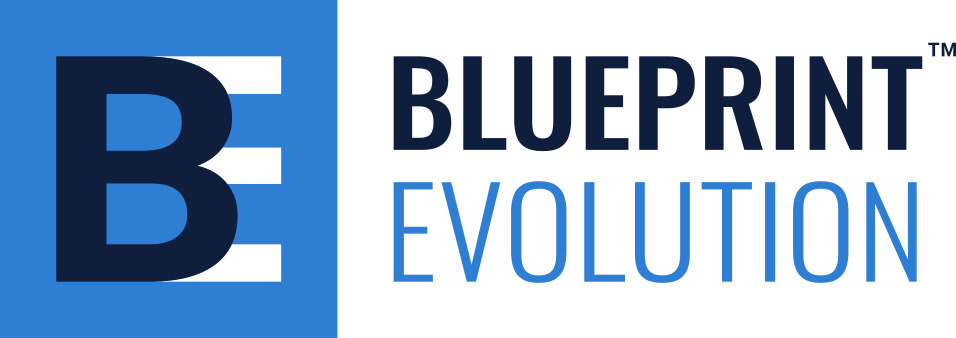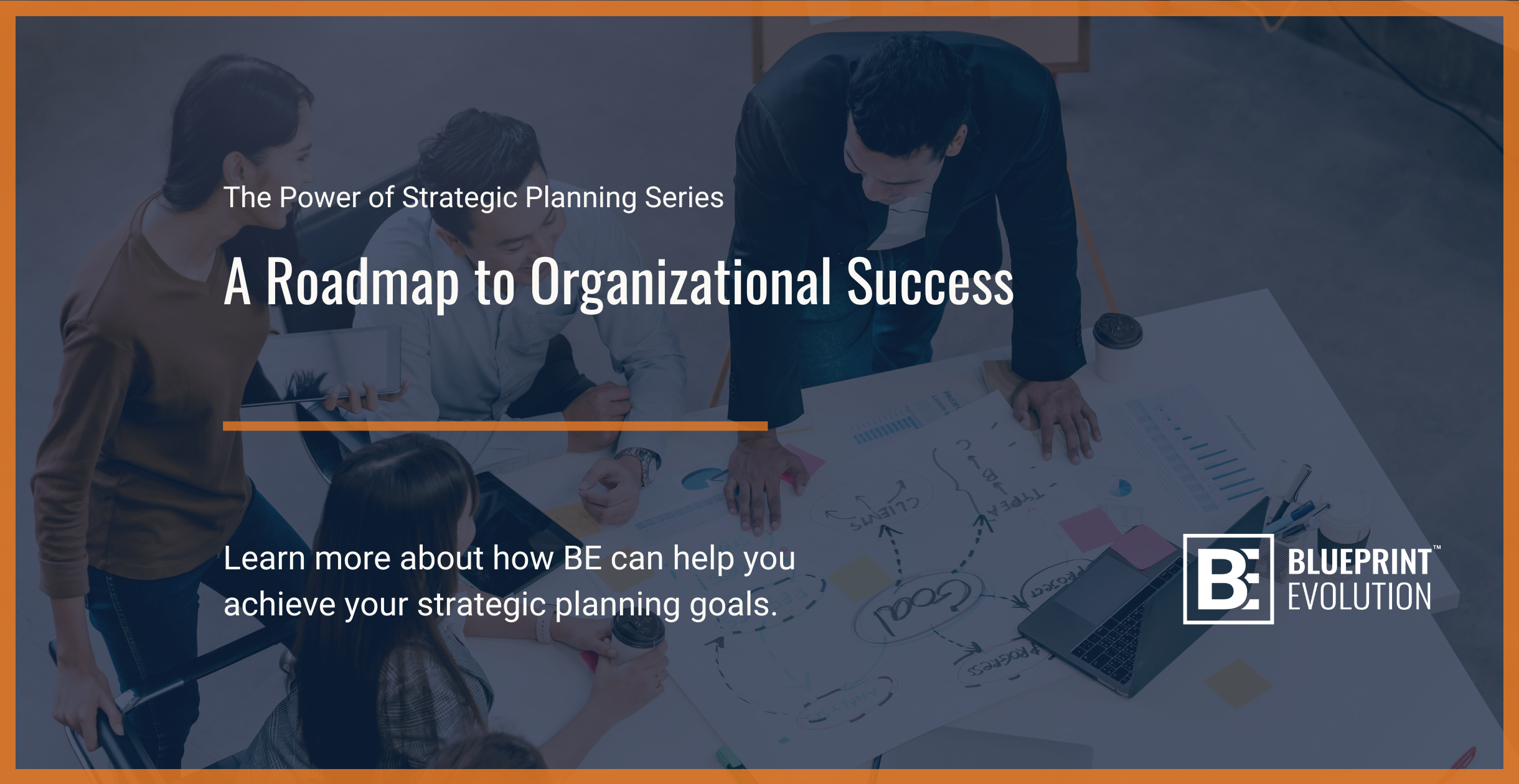Strategic planning is a cornerstone of effective business management. It provides organizations with a structured framework to define their objectives, prioritize initiatives, and allocate resources effectively. By anticipating challenges and opportunities, strategic planning enables organizations to adapt proactively. When done well, strategic planning can save time, effort, money, and resources while ensuring all stakeholders are aligned toward a shared vision. This blog explores the transformative potential of strategic planning, highlights best practices for success, and examines how consultants can provide expertise and guidance to help organizations implement these strategies effectively.
Strategic Planning as a Roadmap to Success
At its core, strategic planning is about creating a clear path to achieving organizational goals. It involves defining the mission, establishing measurable objectives, and outlining actionable strategies to reach desired outcomes. Strategic planning provides the framework for informed decision-making and sustained progress by aligning resources, priorities, and efforts.
Here’s how this roadmap drives success:
- Clarity and Focus
- Why It Matters: Organizations with a well-defined strategic plan can direct their efforts toward high-impact initiatives. This eliminates ambiguity, minimizes wasted efforts, and ensures everyone works toward the same goals.
- Example: A healthcare company aiming to improve patient satisfaction develops a strategic plan to enhance customer service, reduce wait times, and upgrade technology. These targeted actions lead to measurable improvements in patient feedback and retention rates.
- Improved Resource Allocation
- Why It Matters: Strategic planning helps organizations allocate resources efficiently by prioritizing initiatives with the highest potential for meaningful impact.
- Example: A tech startup uses strategic planning to identify its most promising product line, concentrating limited funds and personnel into its development rather than spreading resources thinly across multiple projects.
- Enhanced Decision-Making
- Why It Matters: A clear strategic plan empowers leaders to make informed, proactive decisions aligned with long-term objectives rather than reacting to short-term pressures.
- Example: A retail chain facing declining foot traffic pivots to e-commerce by aligning decisions with its strategic plan to expand online operations. This proactive approach allows the company to adapt quickly while staying aligned with its long-term vision.
How Strategic Planning Saves Time, Money, and Resources
Strategic planning isn’t just about achieving goals — it’s also about doing so effectively and efficiently. Here are ways it conserves critical resources:
Time Savings
- By focusing efforts on predefined priorities, teams minimize distractions and duplication of work. Regular checkpoints ensure progress stays on track and aligned with objectives, reducing delays and inefficiencies.
Cost Efficiency
- Misallocated budgets and unsuccessful initiatives can drain finances and other resources. Strategic planning ensures that every dollar spent and resource allocated contributes to measurable outcomes, enhancing return on investment.
- Example: A nonprofit leverages strategic planning to streamline redundant programs, redirecting funds to initiatives with greater community impact.
Optimal Use of Human Resources
- Clearly defined roles and responsibilities established through strategic planning help maximize productivity and prevent burnout. With clear expectations, teams work efficiently and remain accountable.
Best Practices in Strategic Planning
To reap the benefits of strategic planning, organizations should follow these best practices:
- Start with a Clear Mission and Vision
- Define the organization’s purpose and long-term aspirations. This serves as the foundation for all planning efforts.
- Tip: Involve key stakeholders in crafting these statements to ensure alignment, buy-in and shared ownership.
- Conduct Thorough Analyses
- Use tools like SWOT (Strengths, Weaknesses, Opportunities, Threats) and PESTLE (Political, Economic, Social, Technological, Legal, Environmental) to understand and assess internal and external factors and influences.
- Tip: Leverage market research and competitive analysis to gain insights into trends and customer needs.
- Set SMART Goals
- Ensure objectives are Specific, Measurable, Achievable, Relevant, and Time-bound to guide actionable planning.
- Tip: Break larger goals and objectives into actionable milestones to track progress and momentum effectively.
- Foster Collaboration and Communication
- Engage stakeholders at every level to build consensus and ensure everyone understands their role in the plan.
- Tip: Use tools like dashboards or project management software to enhance transparency, coordination, and accountability.
- Regularly Monitor and Adjust
- Treat strategic planning as a dynamic, iterative process. Regular reviews and updates ensure the plan remains relevant in evolving conditions.
- Tip: Establish KPIs (Key Performance Indicators) to measure success and adapt plans based on performance data and environmental changes.
Why Organizations Hire Consultants for Strategic Planning
Strategic planning can be complex, especially for organizations without the in-house expertise or resources to tackle it effectively. This is where consultants add value:
- Objective Perspective
- Consultants bring an external viewpoint, helping organizations identify blind spots and challenge existing assumptions.
- Example: A manufacturing company facing declining profits hires a consultant who identifies inefficiencies in supply chain processes and recommends actionable improvements.
- Specialized Expertise
- With experience across industries, consultants offer proven methodologies and insights tailored to meet the organization’s unique needs.
- Example: A small business looking to expand globally hires a consultant with international market expertise to navigate regulatory and cultural challenges.
- Facilitation and Engagement
- Consultants facilitate productive discussions, ensuring stakeholder engagement and minimizing conflicts during the planning process.
- Example: During a strategic planning retreat, a consultant leads brainstorming sessions that help unify the leadership team around a shared vision.
- Implementation Support
- In addition to planning, consultants provide critical support during the execution phase, offering tools, training, and guidance to ensure successful implementation.
- Example: A retail chain’s consultant helps launch a new customer loyalty program by training staff and monitoring initial results to drive success.
The Role of Strategic Planning in Navigating Challenges
Strategic planning isn’t just about growth; it’s also a critical tool for overcoming obstacles. Here’s how it helps:
- Crisis Management: Effective plans include contingencies for unexpected events, such as economic downturns, natural disasters, or industry disruptions.
- Adaptability: Regular reviews allow organizations to adjust and pivot in response to shifts in the market, competition, or consumer behavior.
- Sustainability: Strategic planning ensures that growth is pursued while maintaining long-term sustainability and organizational resilience.
Strategic planning is a powerful tool that provides organizations clarity, direction, and a structured path to success. By aligning efforts, optimizing resources, and fostering adaptability, businesses can navigate challenges and seize opportunities more effectively.
For organizations looking to enhance their strategic planning efforts, consultants offer invaluable expertise and support, transforming ideas into actionable strategies. Whether launching a new initiative, entering a new market, or addressing internal inefficiencies, strategic planning is the roadmap that turns vision into reality. Start planning strategically today to achieve more tremendous success tomorrow. To learn more about our strategic planning resources and solutions, click here.







